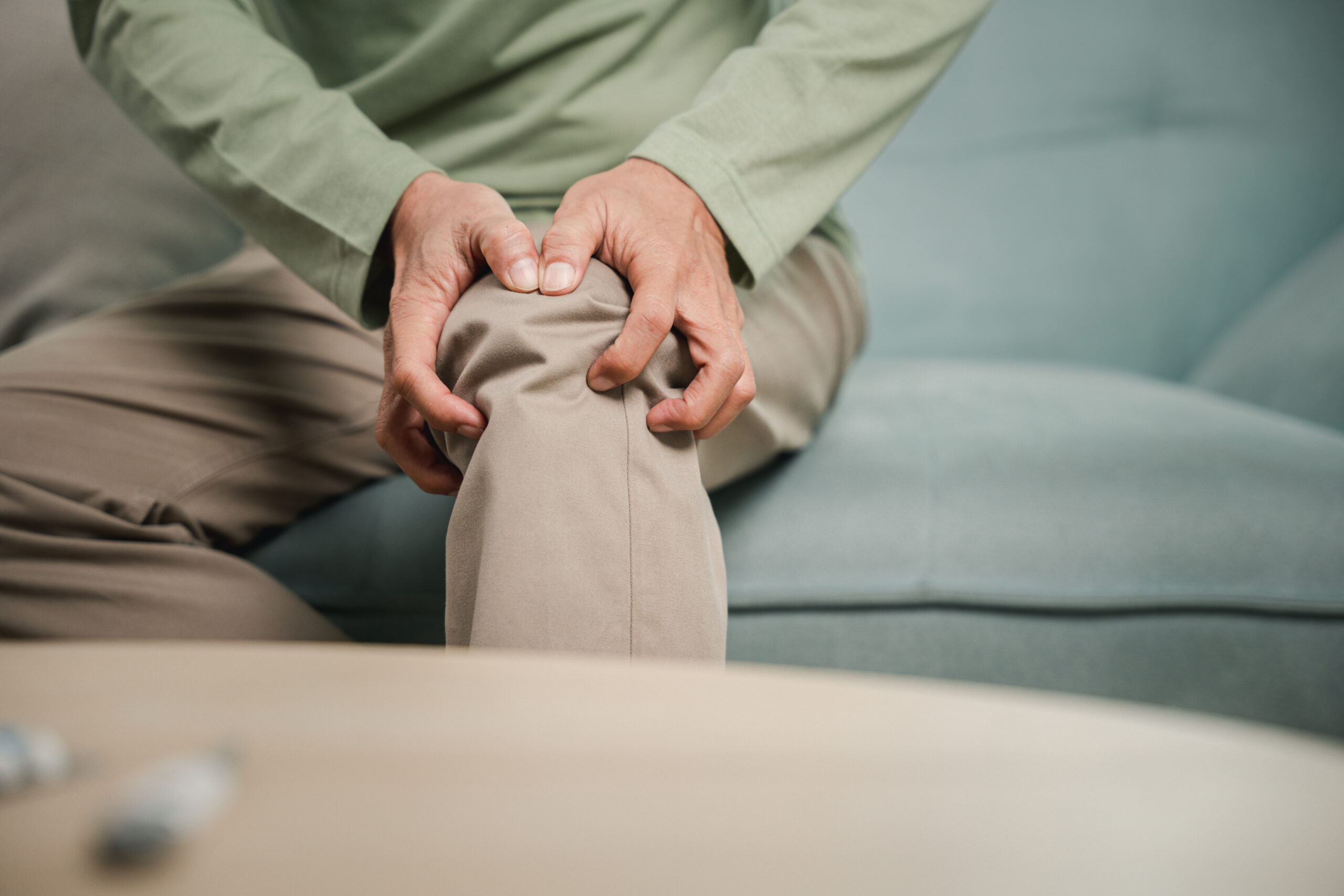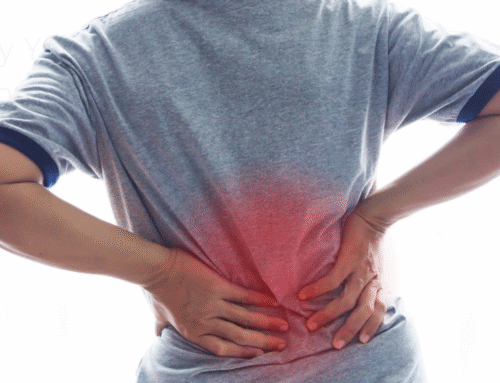Joint degeneration is a common condition that affects millions of people, often associated with aging but can also result from injury, chronic stress, or genetic predisposition. Joint degeneration typically involves the wear and tear of the cartilage that cushions bones, causing pain, stiffness, and reduced mobility. Understanding the causes and available treatments can help individuals manage symptoms and improve their quality of life.
What Is Joint Degeneration?
Joint degeneration, often referred to as osteoarthritis or degenerative joint disease, is a process where the cartilage—a smooth, rubbery material that cushions the ends of bones—begins to break down. As cartilage wears away, bones can rub directly against each other, leading to pain, swelling, and loss of joint function. Joints most commonly affected include the knees, hips, spine, and hands.
Causes and Risk Factors for Joint Degeneration
Several factors can contribute to the onset and progression of joint degeneration:
- Aging: Over time, the cumulative effects of mechanical stress on joints lead to cartilage breakdown. Most people experience some degree of joint degeneration as they age, although the severity can vary.
- Genetics: Genetic predisposition can increase the likelihood of developing osteoarthritis. Family history may play a role in early onset and progression.
- Injury or Trauma: Previous joint injuries, such as fractures or ligament tears, can lead to faster degeneration due to altered joint mechanics and increased wear on the cartilage.
- Repetitive Strain: Jobs or activities that involve repetitive joint movement or high-impact activities, such as running or heavy lifting, can put additional stress on joints and accelerate cartilage wear.
- Obesity: Excess body weight places additional pressure on weight-bearing joints like the knees and hips, increasing the risk of degeneration.
- Inflammation: Chronic inflammation from autoimmune diseases, like rheumatoid arthritis, can contribute to cartilage breakdown and joint degeneration.

Symptoms of Joint Degeneration
The symptoms of joint degeneration usually develop gradually, intensifying as the condition progresses. Common symptoms include:
- Joint Pain: Often experienced during or after movement, pain may become constant in advanced stages.
- Stiffness: Stiffness, particularly after periods of inactivity, is common in affected joints.
- Swelling and Tenderness: Inflamed joints may swell, and the area may be tender to the touch.
- Limited Range of Motion: Joint mobility may decrease, making everyday tasks difficult.
- Grinding Sensation: A feeling of bones rubbing together or a “creaking” sound may occur as cartilage wears away.
Diagnosing Joint Degeneration
Diagnosis of joint degeneration usually involves a physical examination, assessment of symptoms, and imaging tests. X-rays can reveal cartilage loss and bone changes, while MRI scans provide detailed images of both bone and soft tissues, allowing for a comprehensive evaluation.
Treatment Options for Joint Degeneration
While joint degeneration is irreversible, several treatments can help manage symptoms, improve function, and slow the progression:
- Lifestyle Modifications: Weight management, regular exercise, and low-impact activities can help reduce joint strain. Exercises that focus on strengthening muscles around the joint can also offer added stability.
- Medications: Over-the-counter anti-inflammatory drugs like ibuprofen, acetaminophen, or prescription medications may reduce pain and inflammation. For severe pain, corticosteroid injections may be used, though their effects are temporary.
- Physical Therapy: Targeted exercises and stretches provided by a physical therapist can help improve joint mobility, reduce stiffness, and strengthen the surrounding muscles.
- Assistive Devices: Braces, splints, or canes can help support weakened joints and reduce strain, especially for weight-bearing joints.
- Alternative Therapies: Some patients find relief from acupuncture, hydrotherapy, or SoftWave Therapy, a non-invasive treatment that promotes blood flow and tissue regeneration.
- Surgical Options: In cases where conservative treatments are ineffective, joint replacement surgery may be recommended. Procedures like knee or hip replacements can significantly improve function and reduce pain, although recovery times vary.
Prevention Tips for Joint Health
Maintaining joint health is essential to preserving mobility and reducing the risk of pain and stiffness, especially as we age. One of the most effective ways to protect joint health is by engaging in regular, low-impact exercise. Activities like swimming, cycling, and walking help maintain joint flexibility and build muscle around the joints, which can reduce strain. Strengthening exercises targeting the legs, core, and back provide additional support to commonly affected joints like the knees, hips, and spine, allowing them to withstand wear and tear over time.
Diet also plays a crucial role in joint health. Anti-inflammatory foods, including fruits, vegetables, fatty fish, nuts, and seeds, contain antioxidants and omega-3 fatty acids, which can help reduce inflammation around the joints. Additionally, adequate intake of calcium and vitamin D is vital for bone health, which indirectly supports joint function by maintaining the structural integrity of bones that connect to the joints. Staying hydrated is also important, as it helps lubricate the cartilage and maintain joint flexibility.
It’s also beneficial to avoid or limit high-impact activities, especially without proper conditioning, as these can cause joint stress and wear down cartilage. If high-impact activities like running or basketball are part of your routine, make sure to incorporate adequate warm-up exercises and stretching. Listening to your body and taking rest days can further prevent joint overuse. For added support, maintaining a healthy weight reduces the burden on weight-bearing joints like the knees and hips, significantly lowering the risk of joint degeneration.
Living with Joint Degeneration
Managing joint degeneration requires a holistic approach that combines medical treatment, lifestyle changes, and preventive care. With a tailored plan, individuals can alleviate symptoms and maintain a good quality of life.
If you’re dealing with joint pain and wondering about your treatment options, Meyer Chiropractic offers non-invasive therapies to support joint health and pain management. Contact us to learn more about how our personalized care can help you manage joint degeneration and stay active.




